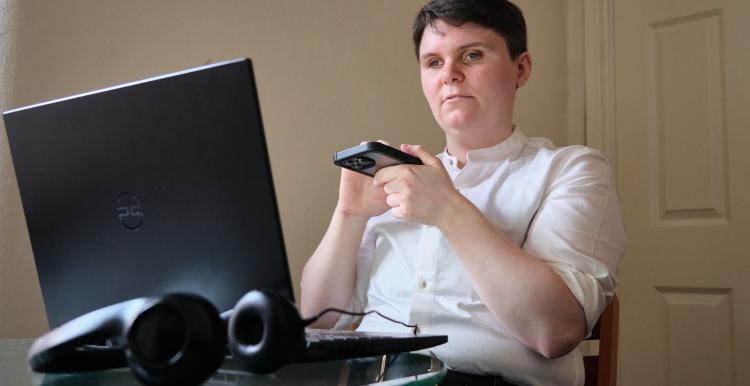Influencing Integrated Care Systems - briefings

The five-year forward plan will be reviewed and revised annually and reflect joint strategic needs assessments and local health and wellbeing strategies.
We have produced a series of briefings on some of the issues we’ve heard about most.
Integrated care strategies provide an excellent opportunity to fulfill one of Healthwatch’s core functions to make “reports and recommendations about how local care services could or ought to be improved.”
What has changed?
Although the creation of integrated care systems (ICSs) through the Health and Care Act has often been presented as a significant change, in reality – for many local Healthwatch – the main difference will be the scale at which they need to consider the plans.
Healthwatch has considerable experience in influencing the development of plans at the local authority and clinical commissioning group levels so that you will use the same techniques but in a more complex landscape.
How to use these briefings?
We have selected some of the issues that you may want to raise for inclusion in your integrated care strategy, identifying some of the tools that you may be able to use:
- Accessible Information Standard
- Elective care
- Maternity and maternal mental health
- Mental Health
- Primary Care
It will be easier to influence if there is common ground between what the ICP is looking at and what you are trying to achieve. If the system already recognises that an issue needs to be a priority, you can present your case to help the ICP to decide how best to tackle the problem rather than as an additional burden.
The approach we have taken is to consider what may be necessary for the ICP to consider, including at the national, regional and local levels. If you can use the same evidence to back up your case, you can maximise that common ground and be seen as supporting the ICP in achieving its goal.
The NHS Long Term Plan is still an important document, even if we don’t hear about it as much as we did. NHS England will be producing a refreshed version of the plan later in the year, but in the meantime, it is still worth bearing in mind the expectations in the current plan.
The briefings are a good starting place, with ICPs looking at national priorities and targets – and considering the implications for their area.
National and local performance data will help you decide whether your area is doing better or worse (or just average) and whether you can use that as a lever to get an issue on the agenda.
We’ve also looked at progress, generally at a national level. The ICP will likely look at progress locally to see how it compares with the national picture.
There is a risk that integrated care strategies focus too much on numbers. So we’d recommend using your insight into people’s experiences to enable the ICP to consider the full potential of what it is proposing. Other partners may also have helpful insight, particularly about marginalised communities, so consider getting the broadest range possible.
What can you offer?
Although the briefings are about how you can influence the ICP, it’s important to remember that you have a lot to offer – and your contribution may help the ICP to consider a particular issue or how it should approach a priority.
People may have views about what should be priorities and may also have different views about how they should tackle them. You should aim to give the ICP a nuanced view of what proposals mean to different communities. This may be even more important in large ICS areas where marginalised groups may be geographically distanced and so even less visible.
Patient experience is a vital tool, but your insight may also draw on people who cannot access service and so provide an additional perspective. Where an ICP is making a proposal for a new approach, it will be considering various performance measures - and you can offer to undertake work (either commissioned or as part of your existing work) to see what this means to local people. This could be part of the development of the programme or included as part of an ongoing evaluation, or even both.
